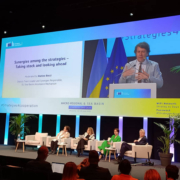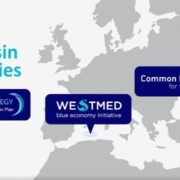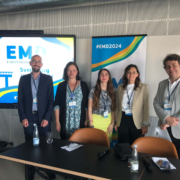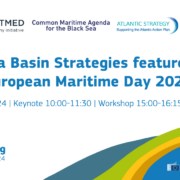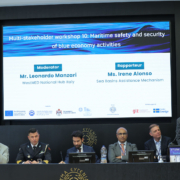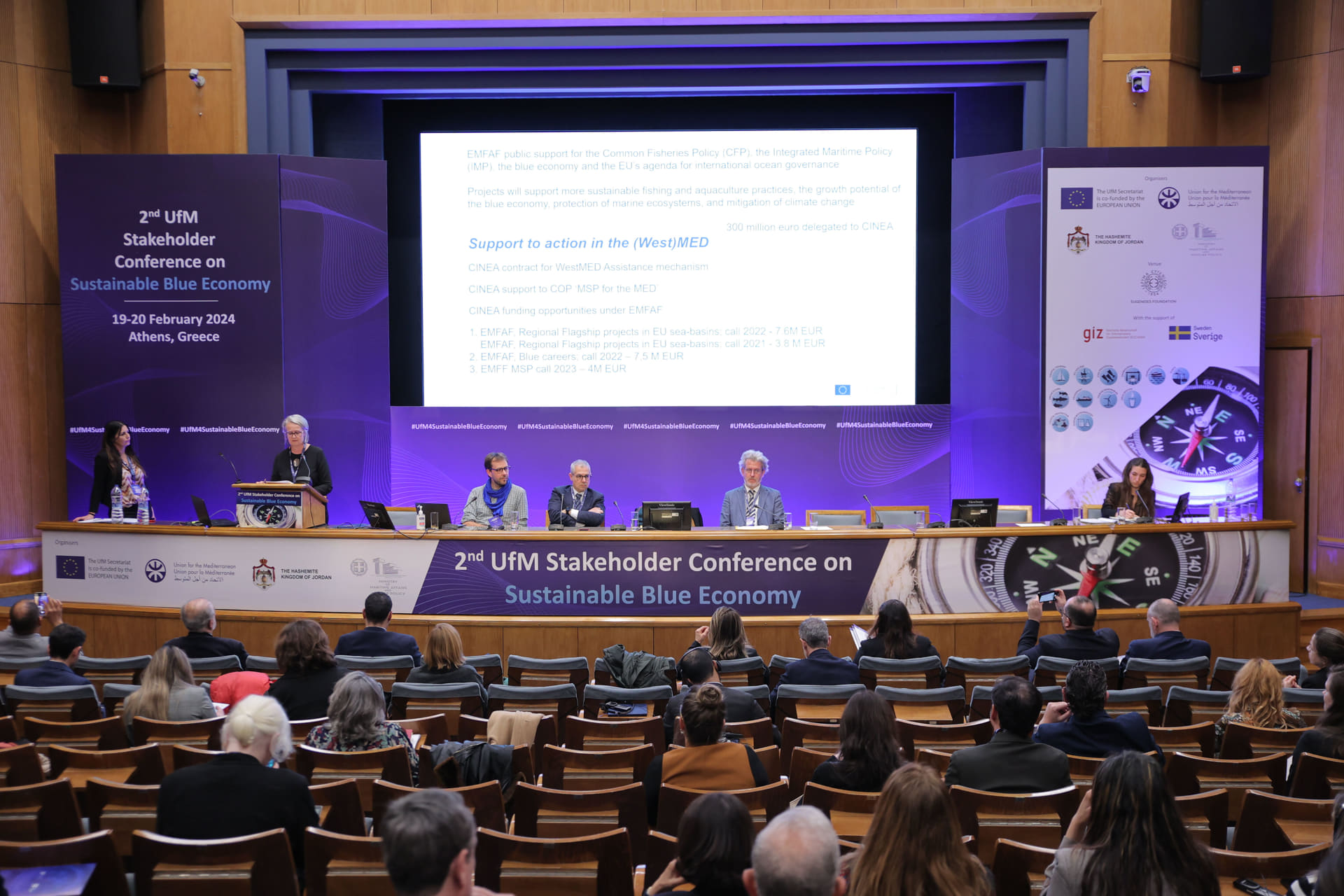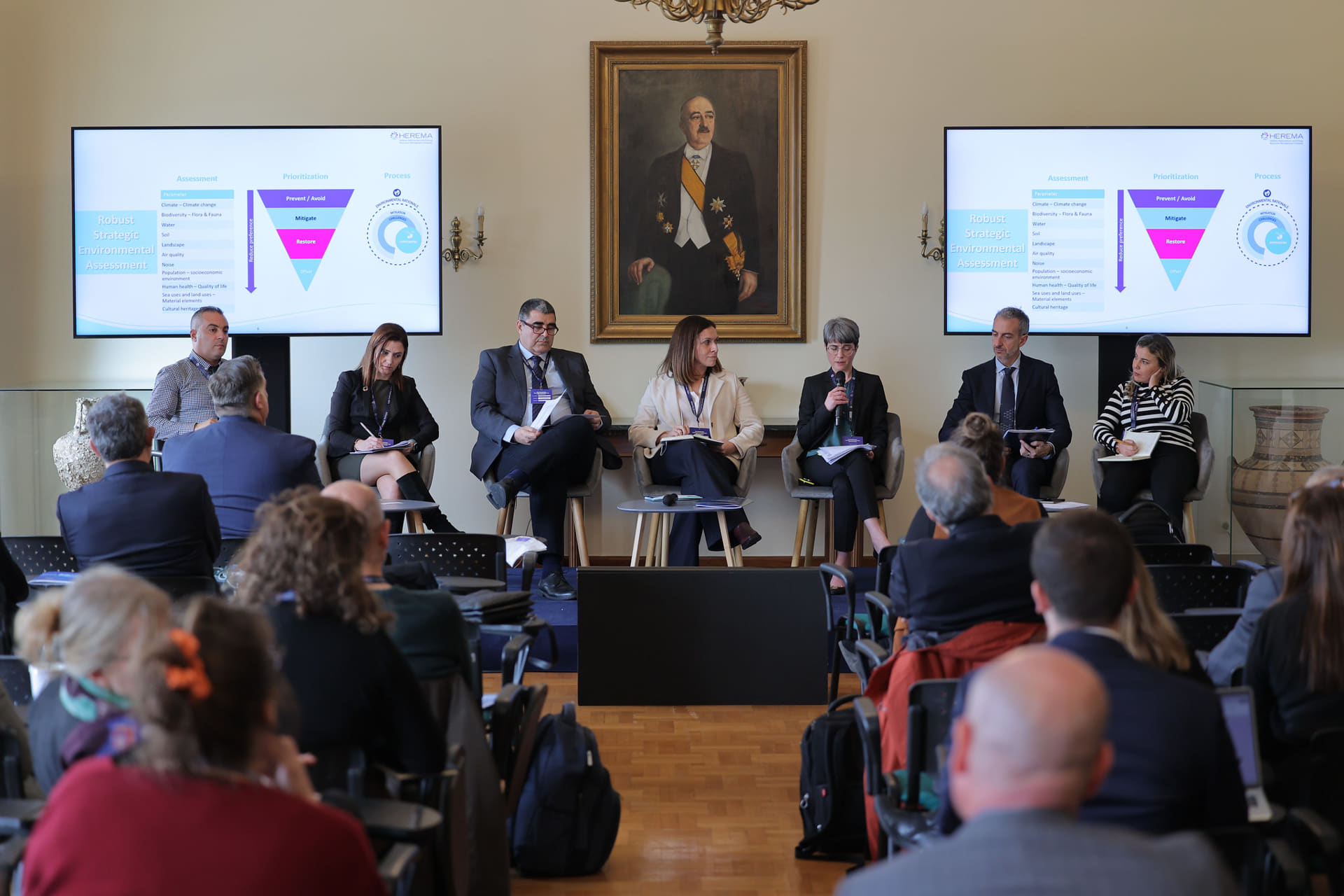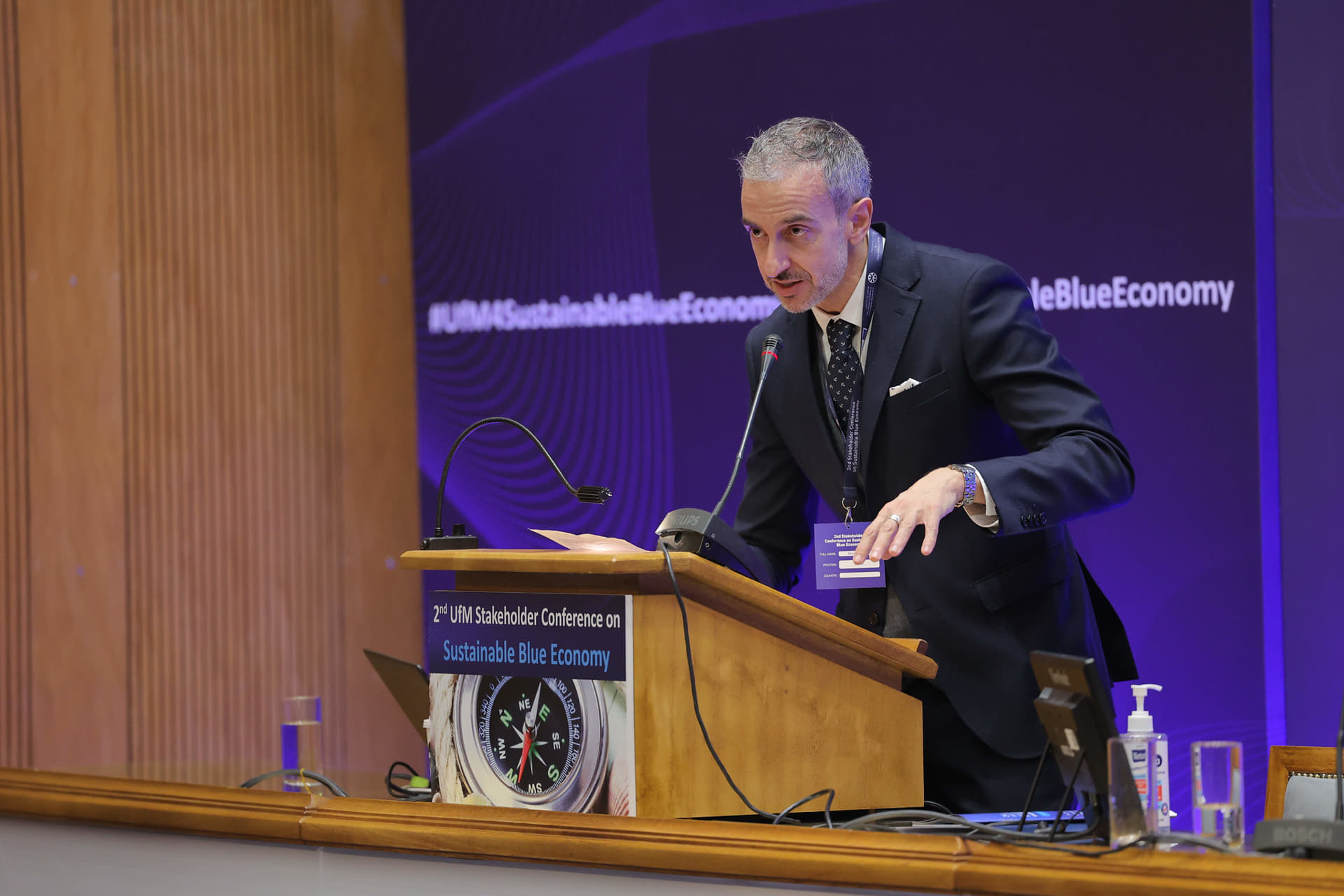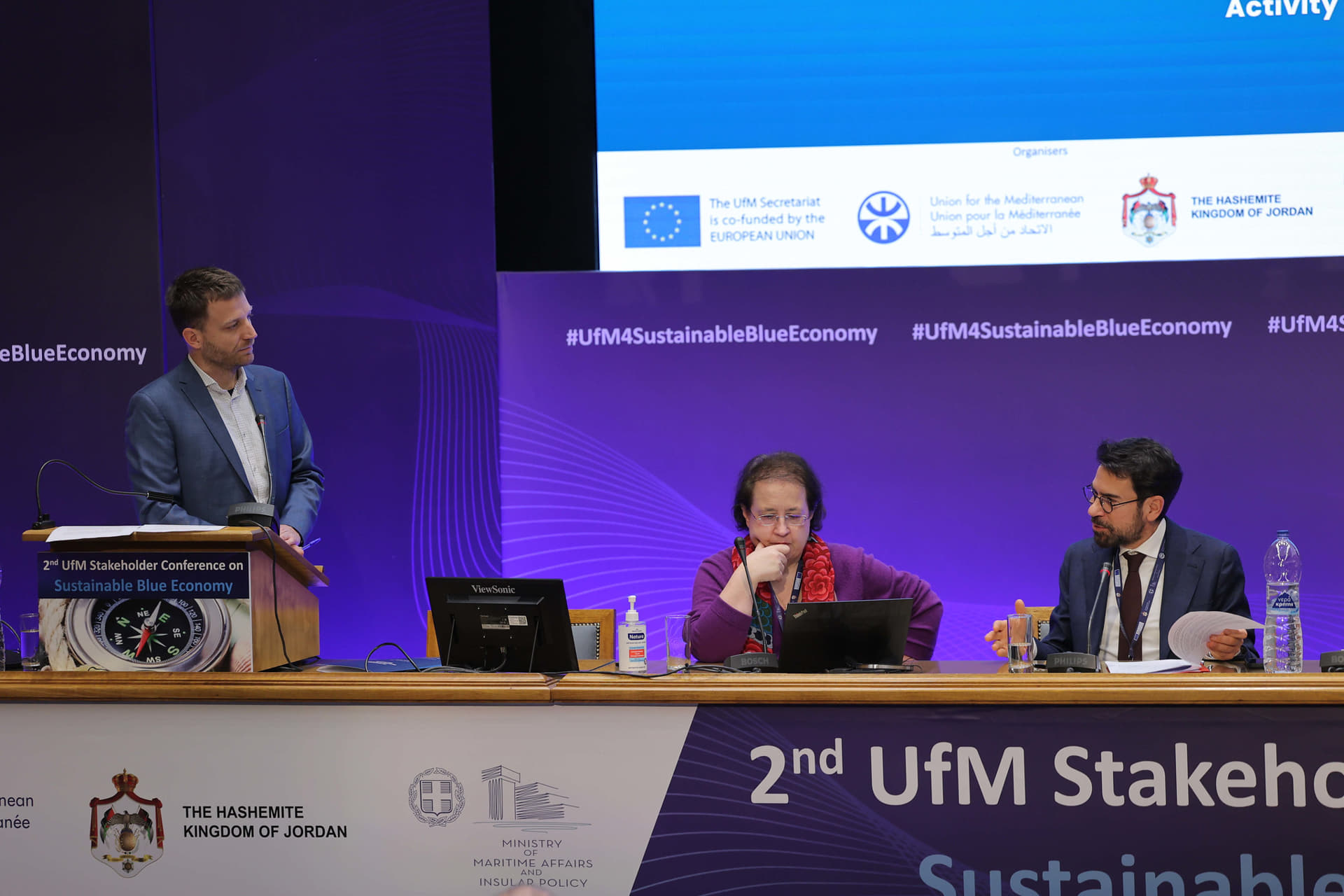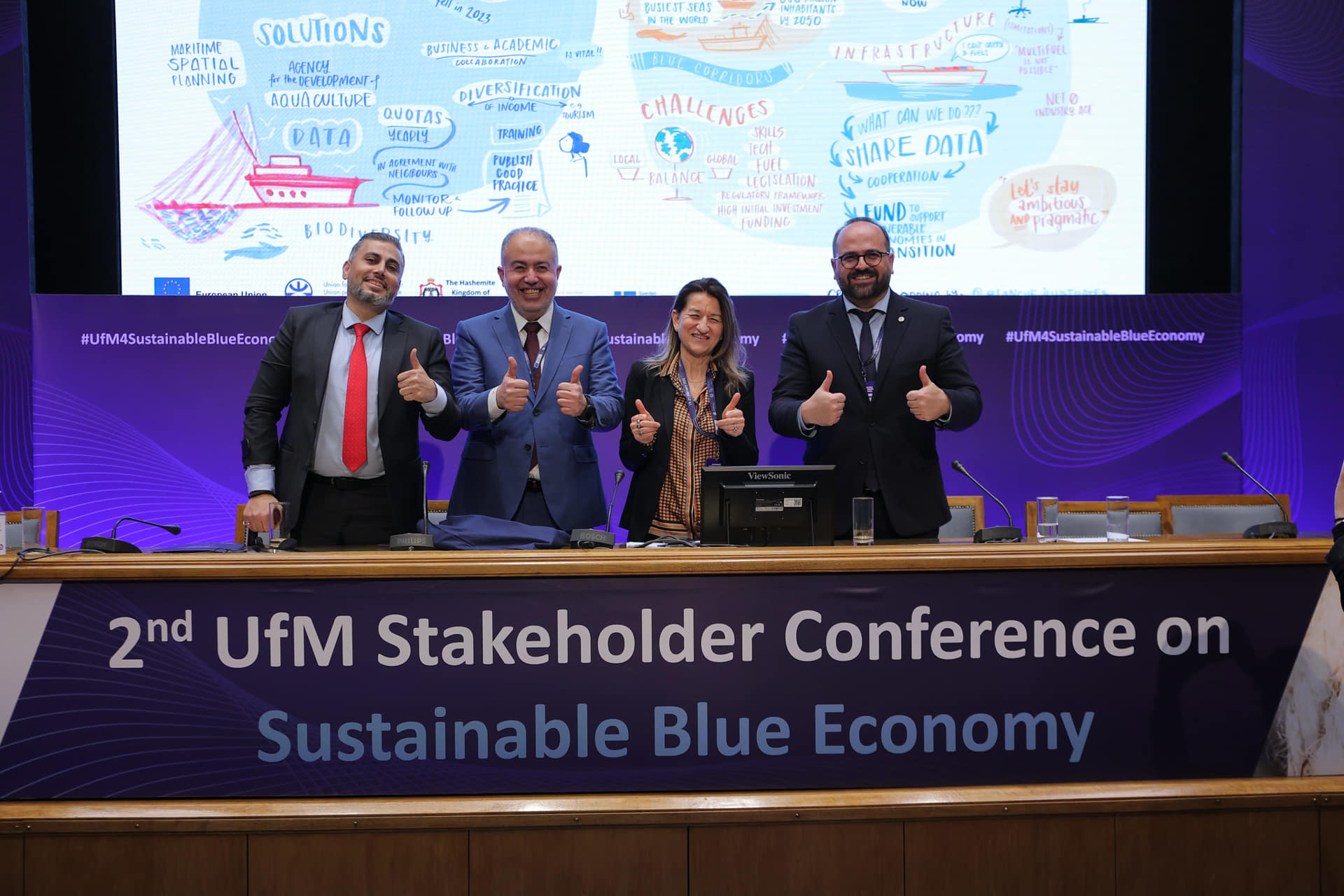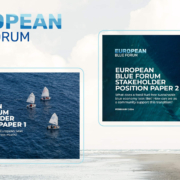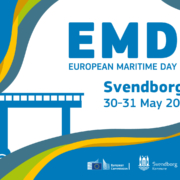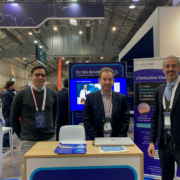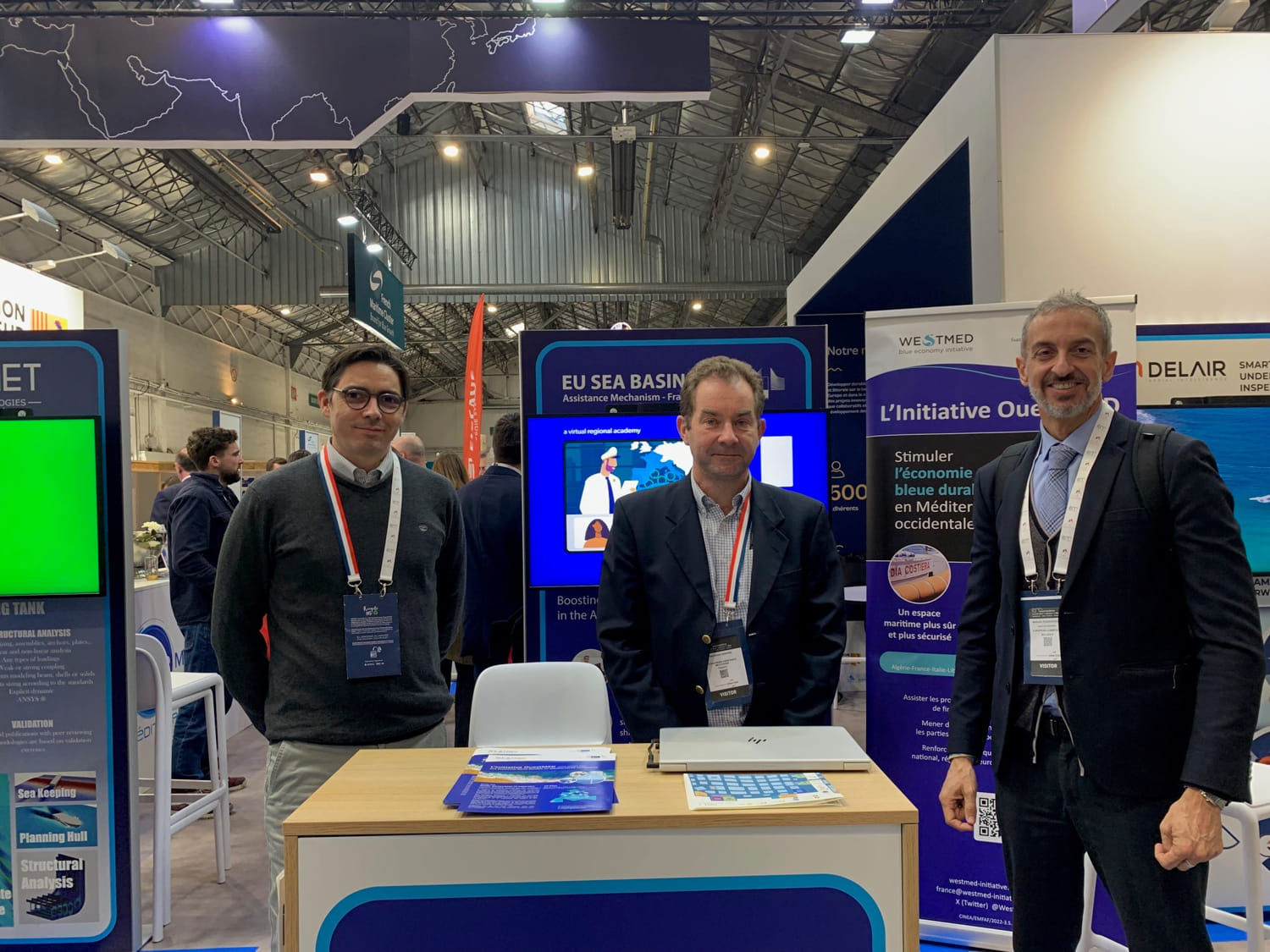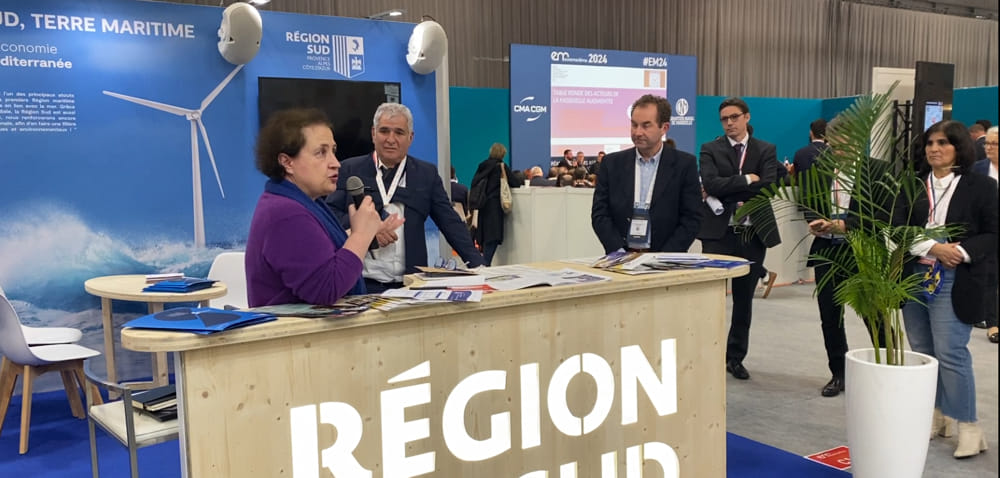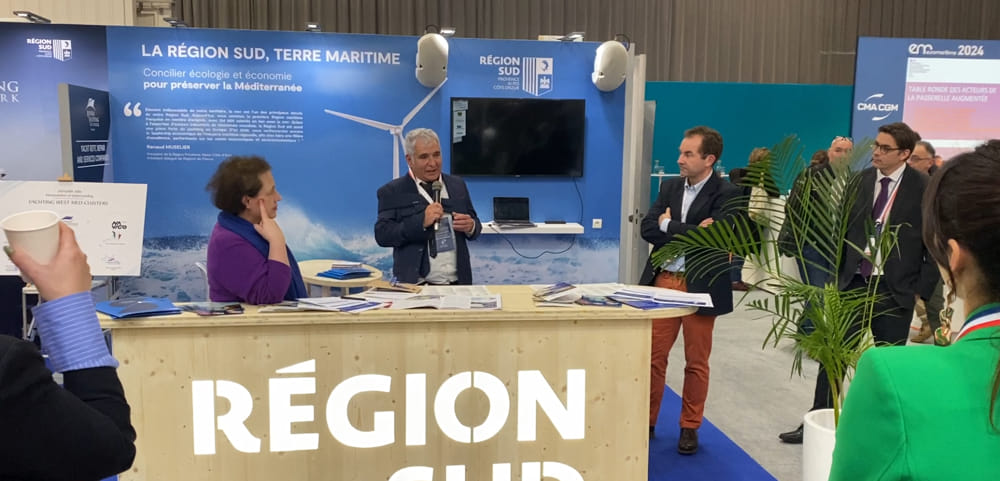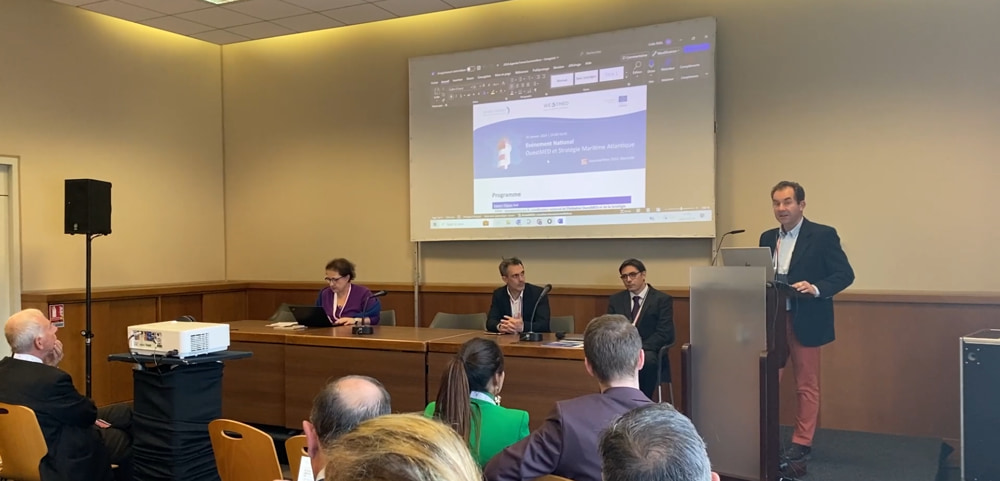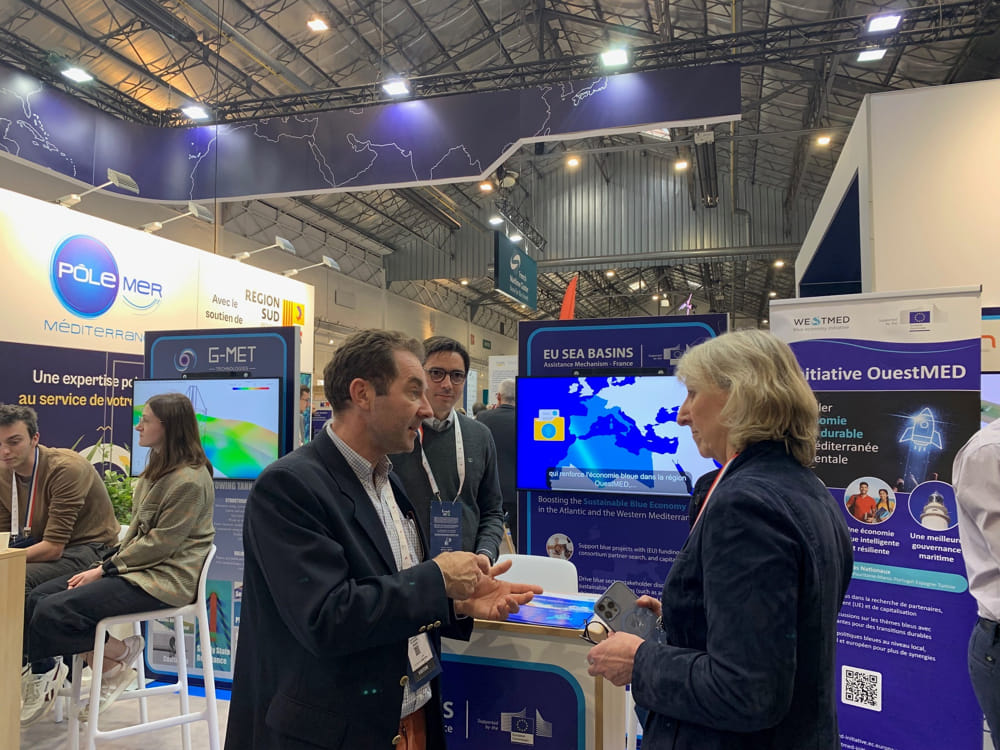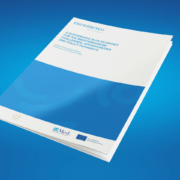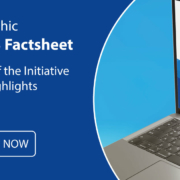Synergies between the 7 EU regional cooperation strategies highlighted during joint DG Regio and DG Mare event
There are four macro-regional strategies in the EU, fostering cooperation in approx 75% of all EU member states. In addition, there are three EU sea basin strategies, which are cooperation structures for protecting the sea basins. These strategies come from different origins but share similar goals and the view that some challenges cannot be solved on the national level alone.
From 12-14 June 2024, all seven EU territorial strategies came together for the first time, to exchange information, thoughts and ideas on regional cooperation in Europe under the slogan ‘Strategies4Cooperation.’
Five parallel interactive workshops were organised to discuss the following themes: Enlargement, Climate Change, Clusters and Innovation, Embedding and Civil Societies engagement.
Amongst the many events, a panel discussion was organised by the EU Sea Basin Assistance Mechanism titled ‘Synergies amongst the strategies; taking stock and looking ahead’ .
This panel was moderated by Matteo Bocci (EU Assistance Mechanism) and consisted of Ms Andra Kuzmina (Latvian Presidency for the EU Strategy for the Baltic Sea Region), Ms Mathilde Konstantopoulou (Greek Presidency for the EU Strategy for the Adriatic-Ionian Region), Mr Markku Markkula (Vice Presidente of the Committee of the Regions) and Ms Isabelle Perret (French Presidency of the EU Sea Basin Strategy for the Atlantic)
Some key conclusions from this session:
- There are as many shared commonalities as well as specificities amongst the strategies as relevant enablers of cooperation (e.g. same targeted stakeholders, different governance models and levels)
- There are clear ways to foster more synergies between the strategies (e.g. observer roles in each other’s governance structures)
- Shared actions should be explored across key topics/sectors (e.g. skills, pollution, decarbonisation & Marine Renewable Energies, smaller islands)
- Stakeholder cooperation could be promoted more across mutual events
- Information could be shared and duplication avoided through a better exchange beween the strategies (e.g. build on best practices and good examples)
- Good to maximise use of (limited) financial resources – e.g. by making them more impact-oriented
You can find a complete summary of all 29 conclusions in this pdf
The 5th Macro-Regional and Sea Basin Strategies Days 2024, was co-organised by DG REGIO and DG MARE.
For more information on the Macro-regional & Sea Basin Strategies Days 2024 including speeches and outcomes, visit the the event page.
Photo-exhibition
During this event, a photo-exhibition was organised showcasing the two most relevant projects per strategy.
For the WestMED Initiative, photos were displayed from award winners Starfish 4.0/ NEMO (winner 2021) and ‘We are Blue Schools‘ (winner 2023)
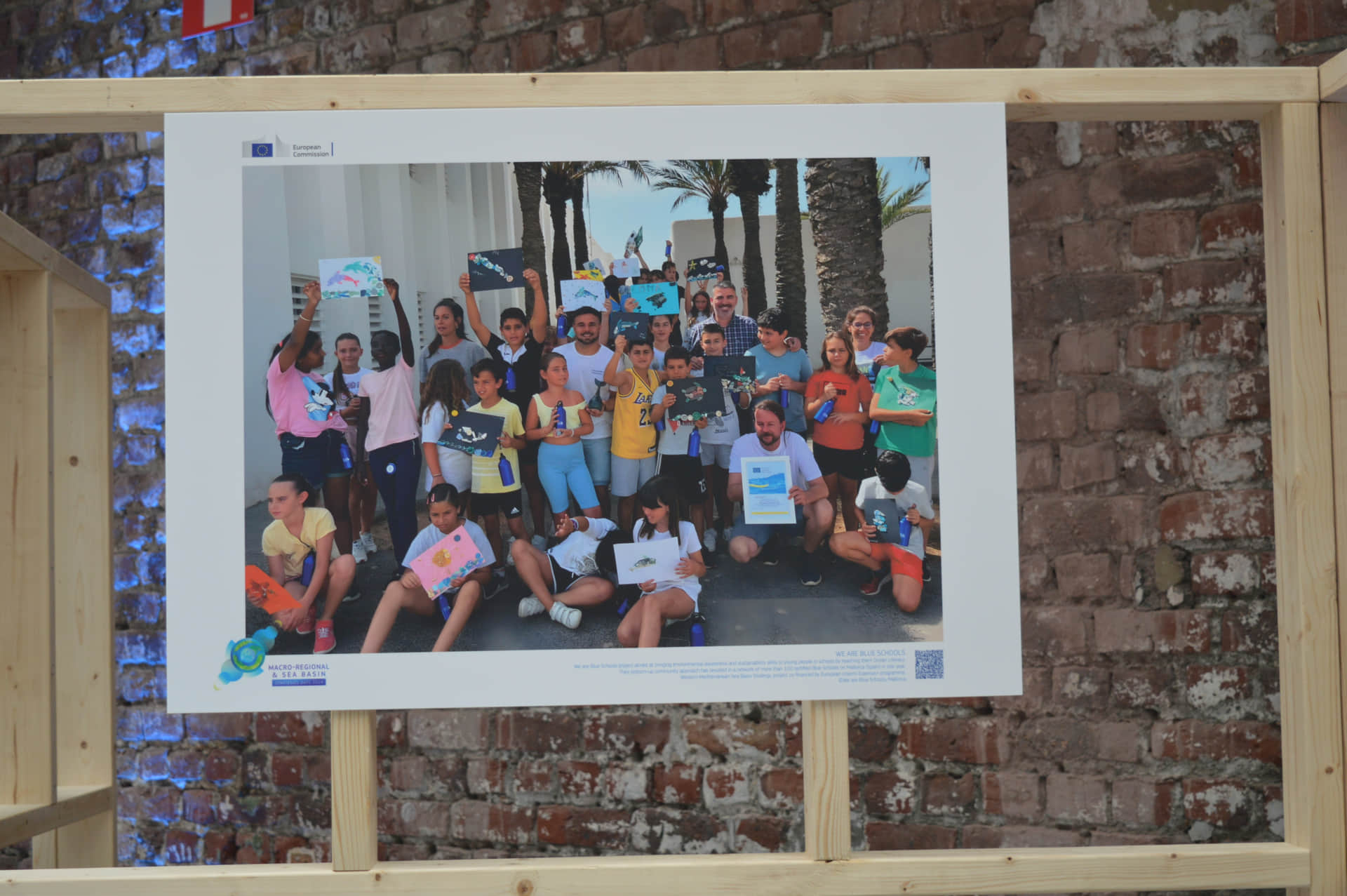
We Are Blue Schools | Ocean literacy | Group of children displaying their ocean related artwork on the Balearic Islands | Photo (c) We are blue schools
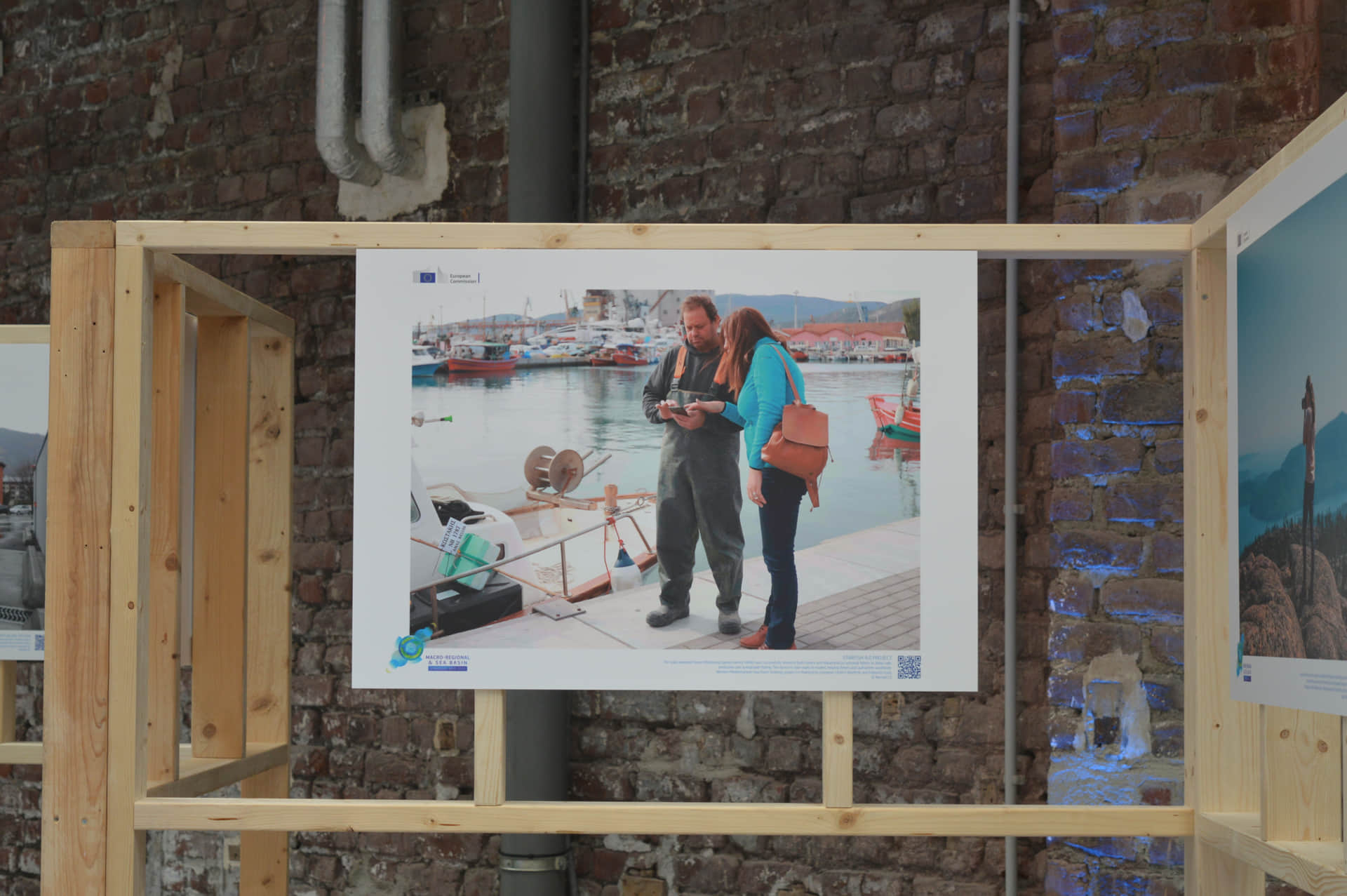
StarFish 2.0 | Small Scale Fisheries | The Nemo tracking and monitoring device by CLS being tested by local fishermen | Photo (c) George Galanos
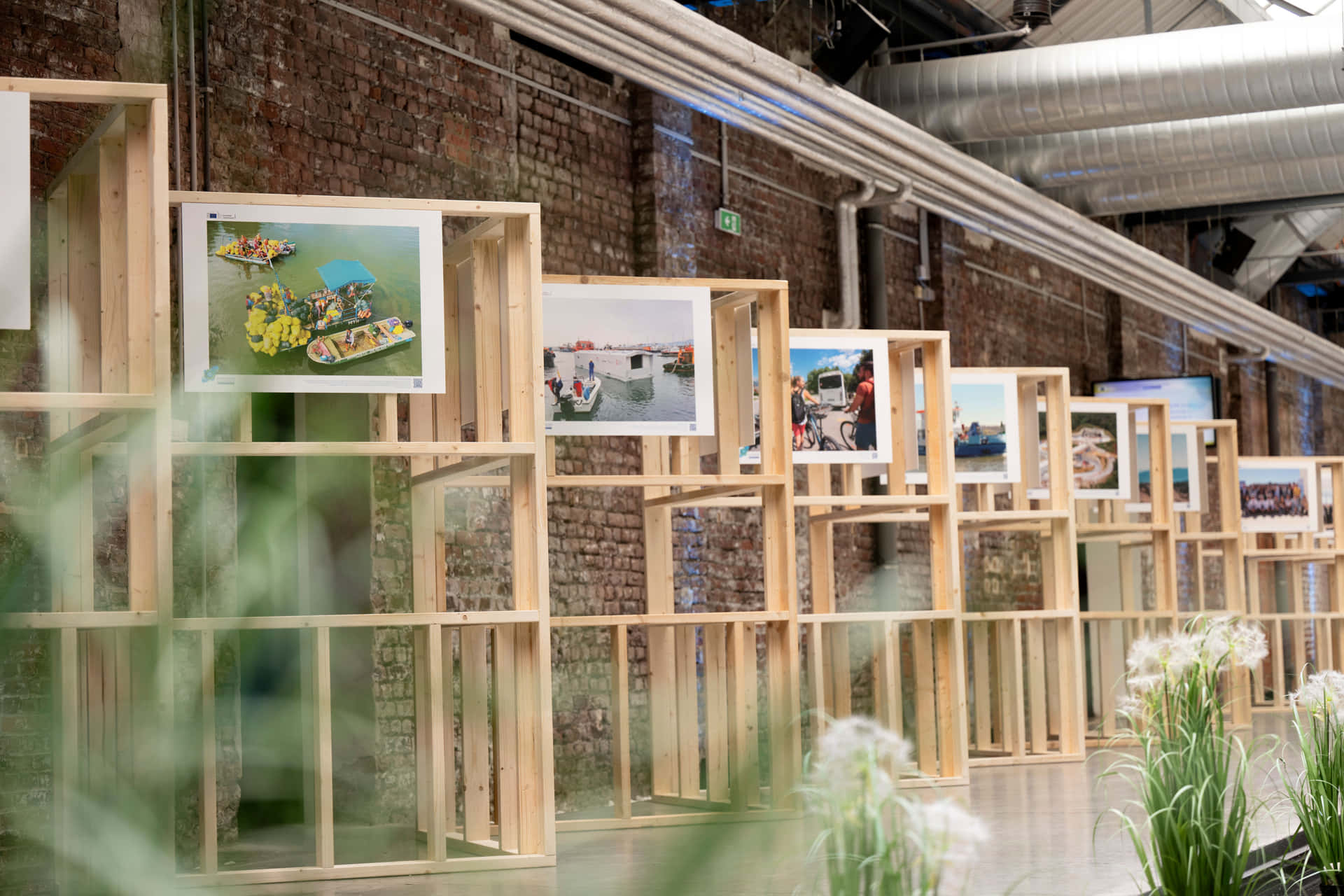
Overview of the photo-exhibition with examples of projects from the seven EU cooperation strategies

